STEM Make@thon
Creative challenges for sustainable ideas for the future
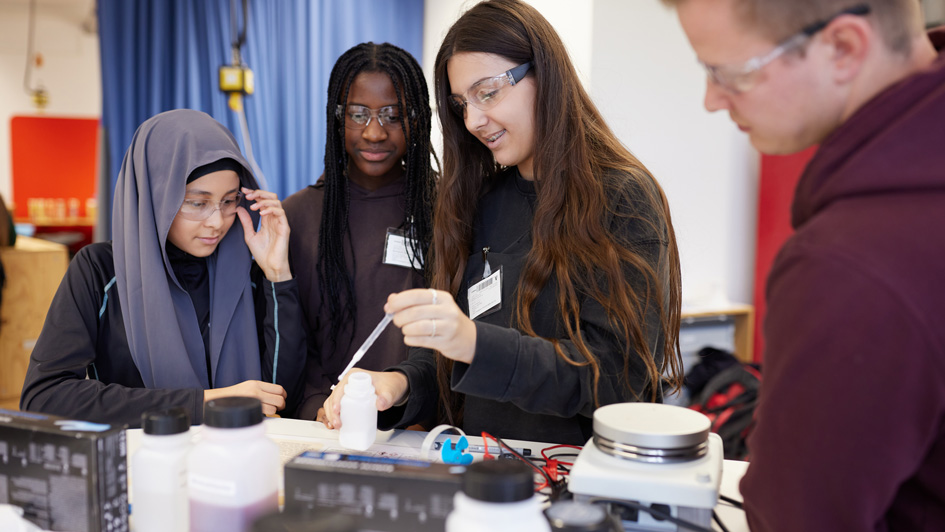
How can we tackle climate change, reduce waste or shape the food of the future? In the STEM Make@thon, students at German schools in grades 7 to 13 discover an exciting format for tackling current social challenges with creativity and initiative. In teams, they develop innovative solutions – from building a sensor and developing an app to founding a mini start-up. This makes it clear how much potential joint learning and design can unleash.
Practical work on future topics
The format designed by Osnabrück University is aimed at young people from all types of German schools. Supported by students and experts from science and technology, the teams work on practical questions relating to four topics:
- Climate change : How can we counteract climate change and adapt to the consequences of global warming?
- Water and society: How can we use water sustainably and secure it as the basis of life for all people?
- Sustainable nutrition: How can we shape our diet to conserve resources and live sustainably?
- Circular economy: How do we develop products that remain in the cycle and avoid waste?
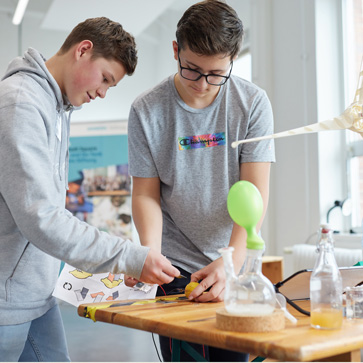
Flexible integration into everyday school life
The Make@thons take place directly at schools and can be easily integrated into project weeks, STEM days or other special formats. Their solution-oriented approach strengthens problem-solving skills, teamwork and a sense of responsibility.
Awards for the best ideas
Particularly successful results are recognized with attractive prizes. As an extracurricular learning format, the Make@thon promotes motivation, a spirit of innovation and a willingness to take on social responsibility.
- Science Award: Team 9G-dankenkontrolle with their ‘Comparative study on the efficiency of propellers’Using 3D-printed models, the 9G-dankenkontrolle team compared the influence and efficiency of various types of propellers for their use in electricity production. Using research-based approaches and numerous calculations, the team was able to make suggestions for changes in specific areas to maximize the use of given resources.
- Realization Award:Team neverMINT with the project ‘Optical and smart electricity meter reading, SmartHome and neverEnergy’To save energy costs in private households, the neverMINT team developed an interface for the optical reading of electricity meters using a cell phone, including a savings system to make this data usable, as well as an Arduino smart home complex to demonstrate a potential implementation. The concept also includes a nonprofit organization to support society with the costs saved.
- Innovation Award: Team Haferkekse with ‘Powersound’
The aim of Team Haferkekse was to make the piezoelectric effects usable in busy places. They developed an independent model that uses energy from sound waves and pressure to activate a light-emitting diode to make the case for using the effect as a sustainable form of energy production.
- Maker Award: Team Nevermind with the idea of recycling polyethylene in a cotton candy machineBased on some comparable characteristics of sugar and PET, a cotton candy machine was intended to be used for extracting polyethylene filaments out of plastic waste. Thus, with the ‘centrifugal extruder’, the team developed a low-cost recycling machine for use in science-communication contexts and in countries heavily polluted by the waste of the industrialized world.
- Innovation Award: Team NMS-Maker-Shakers with a scale for buyer-oriented assessment of sustainabilityWith the major goal of transparency, the team established a scale for buyer-oriented assessment of the sustainability of diverse garments across four categories. In addition to ecological criteria, ethical and economic categories also play a role in establishing the label against the background of various sustainable development goals.
- The Realisation Award was awarded to two teams:Children’s toys made from old clothes’ is the motto of Team HEAL. In this way, textiles such as old T-shirts can be reused entirely and pure of sort. By partially overcoming the plastic waste problem, the team can also use their idea to produce other household items such as coasters.
The second Realisation Award received Team Wilde Kollegas: Through a deposit system for clothing for special occasions, such as dresses at weddings, they want to contribute their part to a future with less clothing waste. Instead of lying in the closet for years, garments are to be given a new use and conserve resources by being worn several times. - Progress Award: Team Jacket with their ‘all-in-one coat/jacket’Is it a vest? Is it a coat? Is it a shirt? – It is everything! With the ‘all-in-one coat/jacket’, the team developed a multifunctional solution for the fashion of the future. Diverse separation options on the arms and on the legs with the simultaneous possibility of changing a soft, warm side and a water-repellent, colder side mean that fewer garments are needed (both from a practical and sustainable point of view).
- 1st place: Team “Mensahelden” with their concept, “Mensascanner” Codes on cards with different foods can help primary school pupils to understand the nutrients that foods contain and the benefits different nutrients provide for them and their environment. When used in educational settings, the Mensascanner is an excellent introduction for primary school pupils as they start to learn about food and nutrition. This helps to establish healthy and environmentally sustainable eating habits at a young age.
- 2nd place: Team “Base” with their concept, “Greenplay”
Greenplay combined the digital world with education. Users of the app enter information about the daily food they consume to find out the amount of water, land and CO2 equivalents consumed. With the score of their food, users compare each other and compete with each other. Additional points can be collected through “one-week meat-free”. The goal is to encourage people to eat a climate-friendly diet.
- 3rd place: Team “D-Squad” with their concept, “Wormmeal”
In Asia, insects are already a widespread and prized source of protein and vitamins. By contrast, in Europe insects are still treated with disgust. Wormmeal has set itself the goal of establishing insect-based foodstuffs in Europe by producing everyday products from mealworms.
ArchiveAt the beginning of the cooperation, the MINT-Make@thons took place centrally in Siemensstadt Square.
You can find the results here.
The warmest year since the beginning of records will be followed by several Make@thons in summer 2024, which will address the mitigation of global warming and adaptation to climate change.
From June to September, the Make@thons will take place at Berlin schools for the first time. The participating students from classes 7 to 12 will address questions about our climate: What are the processes that lead to global warming and what effects does this have? What influence do human actions have on climate change and what can I do?
Further information on the Make@thons can be found on the website of the University of Osnabrück.
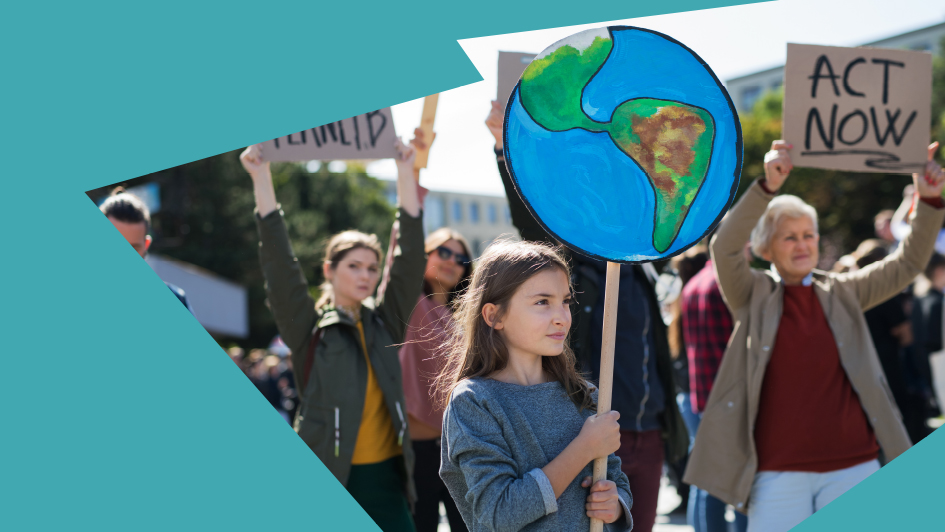
How can we generate and store electricity in an environmentally friendly way? Which energy sources will shape the future and how do we manage the energy revolution?
Innovative ideas for a sustainable energy sector were on the agenda at the Make@thon “Energizing the Future” from November 7–17, 2023, in Berlin. The participants displayed a variety of ideas and explored, for example, how energy can be generated through windows, floors or sound. YouTuber Jacob Beautemps (Breaking Lab) was also there and gave a presentation.
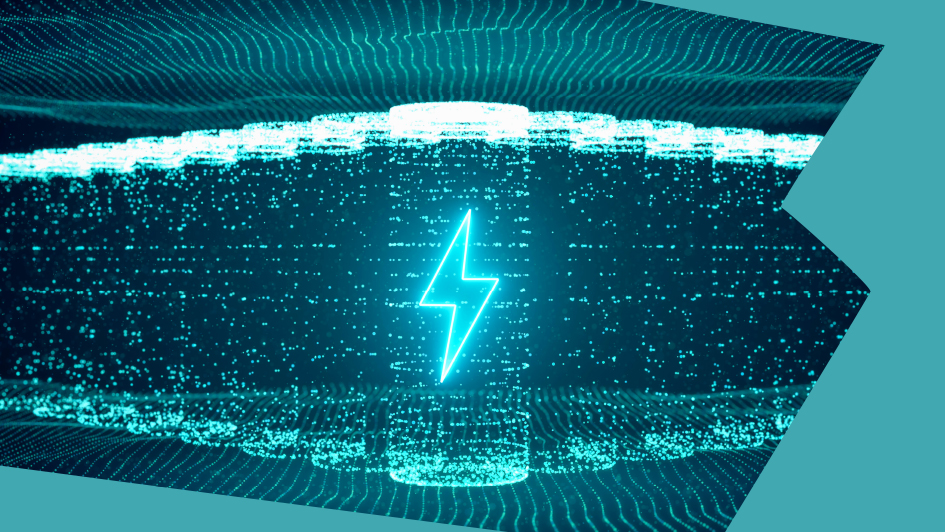
- Science Award: Team 9G-dankenkontrolle with their ‘Comparative study on the efficiency of propellers’
Using 3D-printed models, the 9G-dankenkontrolle team compared the influence and efficiency of various types of propellers for their use in electricity production. Using research-based approaches and numerous calculations, the team was able to make suggestions for changes in specific areas to maximize the use of given resources. - Realization Award:Team neverMINT with the project ‘Optical and smart electricity meter reading, SmartHome and neverEnergy’
To save energy costs in private households, the neverMINT team developed an interface for the optical reading of electricity meters using a cell phone, including a savings system to make this data usable, as well as an Arduino smart home complex to demonstrate a potential implementation. The concept also includes a nonprofit organization to support society with the costs saved. - Innovation Award: Team Haferkekse with ‘Powersound’
The aim of Team Haferkekse was to make the piezoelectric effects usable in busy places. They developed an independent model that uses energy from sound waves and pressure to activate a light-emitting diode to make the case for using the effect as a sustainable form of energy production.
How can textiles become more ecological and how can we produce them more fairly? How can we use clothes longer?
At the Make@thon “Sustainable Textiles” from June 12–21, 2023, everything revolved around the question of how young people would like to design the textiles of the future. The inventors’ creativity was enormous: from a sustainability score to an “all-in-one coat/jacket” to a low-cost recycling machine, there was a wide range of ideas on display. Five teams were honored with prizes in the end.
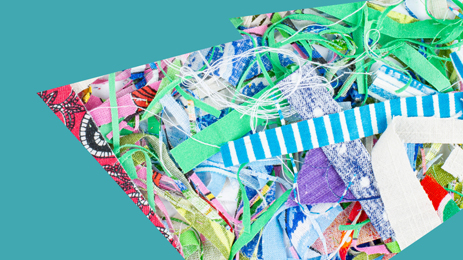
- Maker Award: Team Nevermind with the idea of recycling polyethylene in a cotton candy machine
Based on some comparable characteristics of sugar and PET, a cotton candy machine was intended to be used for extracting polyethylene filaments out of plastic waste. Thus, with the ‘centrifugal extruder’, the team developed a low-cost recycling machine for use in science-communication contexts and in countries heavily polluted by the waste of the industrialized world. - Innovation Award: Team NMS-Maker-Shakers with a scale for buyer-oriented assessment of sustainability
With the major goal of transparency, the team established a scale for buyer-oriented assessment of the sustainability of diverse garments across four categories. In addition to ecological criteria, ethical and economic categories also play a role in establishing the label against the background of various sustainable development goals. - The Realisation Award was awarded to two teams:
Children’s toys made from old clothes’ is the motto of Team HEAL. In this way, textiles such as old T-shirts can be reused entirely and pure of sort. By partially overcoming the plastic waste problem, the team can also use their idea to produce other household items such as coasters.The second Realisation Award received Team Wilde Kollegas: Through a deposit system for clothing for special occasions, such as dresses at weddings, they want to contribute their part to a future with less clothing waste. Instead of lying in the closet for years, garments are to be given a new use and conserve resources by being worn several times.
- Progress Award: Team Jacket with their ‘all-in-one coat/jacket’
Is it a vest? Is it a coat? Is it a shirt? – It is everything! With the ‘all-in-one coat/jacket’, the team developed a multifunctional solution for the fashion of the future. Diverse separation options on the arms and on the legs with the simultaneous possibility of changing a soft, warm side and a water-repellent, colder side mean that fewer garments are needed (both from a practical and sust
The Make@thon “Mobility of Tomorrow” from 22.09 – 01.10.2022 was on the topic “Our mobility is constantly changing but is it moving forward?”.
Despite all the progress made to create a bicycle network in inner cities and the optimization of traffic lights, long traffic jams are still an everyday occurrence, emissions pollute the air we breathe, and cyclists are exposed to dangerous situations on a daily basis. We were impressed by the young people’s ideas on how individual mobility can be better designed, made fairer and more sustainable for everyone. Philip Häusser from Phils Physics joined the event.
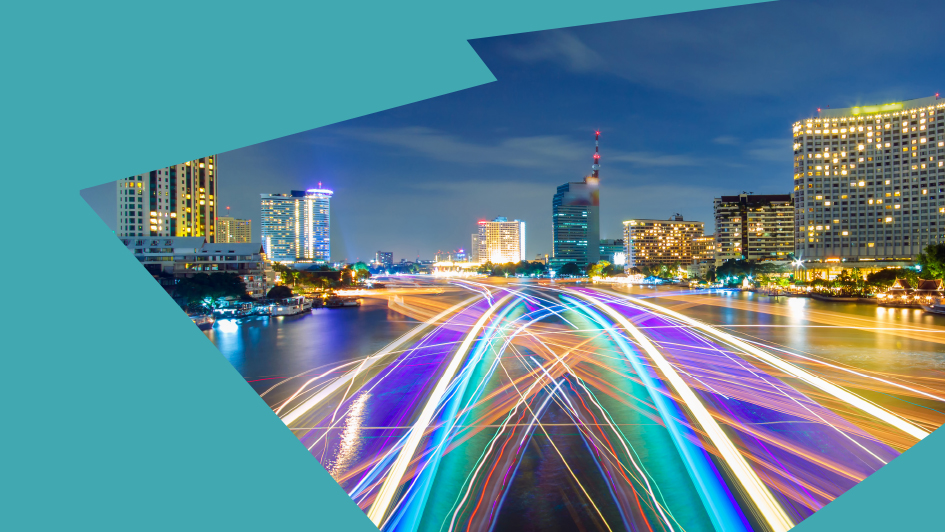
- 1st place: Team K.E.R.S with the K.E.R.S. Bike An idea already known from motor sports is intended to make cycling more attractive to more people: With the “kinetic energy recovery system” (KERS), which is transferred to the bike with mechanical elements, the energy of the braking process can be used for starting at traffic lights or on hills. An e-bike without E – efficient and without power consumption.
- 2nd place: Team A6 with TECT
The ninth graders designed a turbine model for ICE trains. The idea is for electrically powered ICEs to generate electricity to recharge their batteries. The turbines are made of aluminum and operate via wind power. An eye-catcher at the awards ceremony: The team visualized the solution in a 3D print. - First place 3: Team Nussbeiser with e-vessels
Nordhorn, a German city with many waterways and with many idle ships. Equipped with e-motors, these ships should act as water buses and generate alternative routes. This could relieve traffic in the city center, in conjunction with an attractive tourist offer. The idea was presented digitally via a live stream – the city is already interested. Second place 3: Team Maximilian Lüthn with Schmaut
Based on artificial intelligence, a toll system is designed to reduce particulate pollution on inner-city streets in Berlin: It records license plates when cars enter heavily polluted streets and calculates a protective toll – in German “Schutz-Maut”, or “Schmaut” for short. The proceeds go to environmental projects that can improve air quality. A special feature is that the AI measures the time spent on the roads, so that a detour via less polluted roads is also included in the toll.Inspired by the young people’s inventiveness, the jury spontaneously granted two creativity awards:
Team The LADS with Overengineered Trash: Using an electric trash can that locks when full to attract fewer wild animals to the city and thus reduces wildlife accidents. Desired side effect is to contribute to the e-charging network.Team Techies with their “Swing model”: The kinetic energy generated on playgrounds when, for example, swings or merry-go-rounds turn is to be fed into energy for a city’s power grid by means of a mechanical construction. Here, too, it could be used as an e-charging station.
Who better to develop creative ideas for the future of food than the people who will actually shape them and make them a reality? The STEM-Make@thon “Ernährung der Zukunft” (Future of Food) brought 60 pupils together at Siemensstadt Square to develop specific food-focused ideas capable of satisfying stomachs while also protecting the climate.
At the awards ceremony at STEAM Hub Siemensstadt Square, the top teams presented their inventions to the audience and the jury, made up of representatives of Osnabrück University, Siemens Stiftung, Siemens Professional Education and the YouTuber and STEMfluencer Jacob Beautemps.
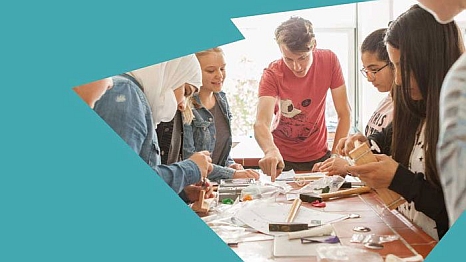
- 1st place: Team “Mensahelden” with their concept, “Mensascanner” Codes on cards with different foods can help primary school pupils to understand the nutrients that foods contain and the benefits different nutrients provide for them and their environment. When used in educational settings, the Mensascanner is an excellent introduction for primary school pupils as they start to learn about food and nutrition. This helps to establish healthy and environmentally sustainable eating habits at a young age.
- 2nd place: Team “Base” with their concept, “Greenplay”
Greenplay combined the digital world with education. Users of the app enter information about the daily food they consume to find out the amount of water, land and CO2 equivalents consumed. With the score of their food, users compare each other and compete with each other. Additional points can be collected through “one-week meat-free”. The goal is to encourage people to eat a climate-friendly diet. 3rd place: Team “D-Squad” with their concept, “Wormmeal”
In Asia, insects are already a widespread and prized source of protein and vitamins. By contrast, in Europe insects are still treated with disgust. Wormmeal has set itself the goal of establishing insect-based foodstuffs in Europe by producing everyday products from mealworms.
Contact us For further information or to plan a Make@thon at your school:
Siemens Stiftung Foundation
Franziska von Einem
franziska.einem@siemens-stiftung.org
University of Osnabrück
Noah Kahmen
makeathon@uos.de



